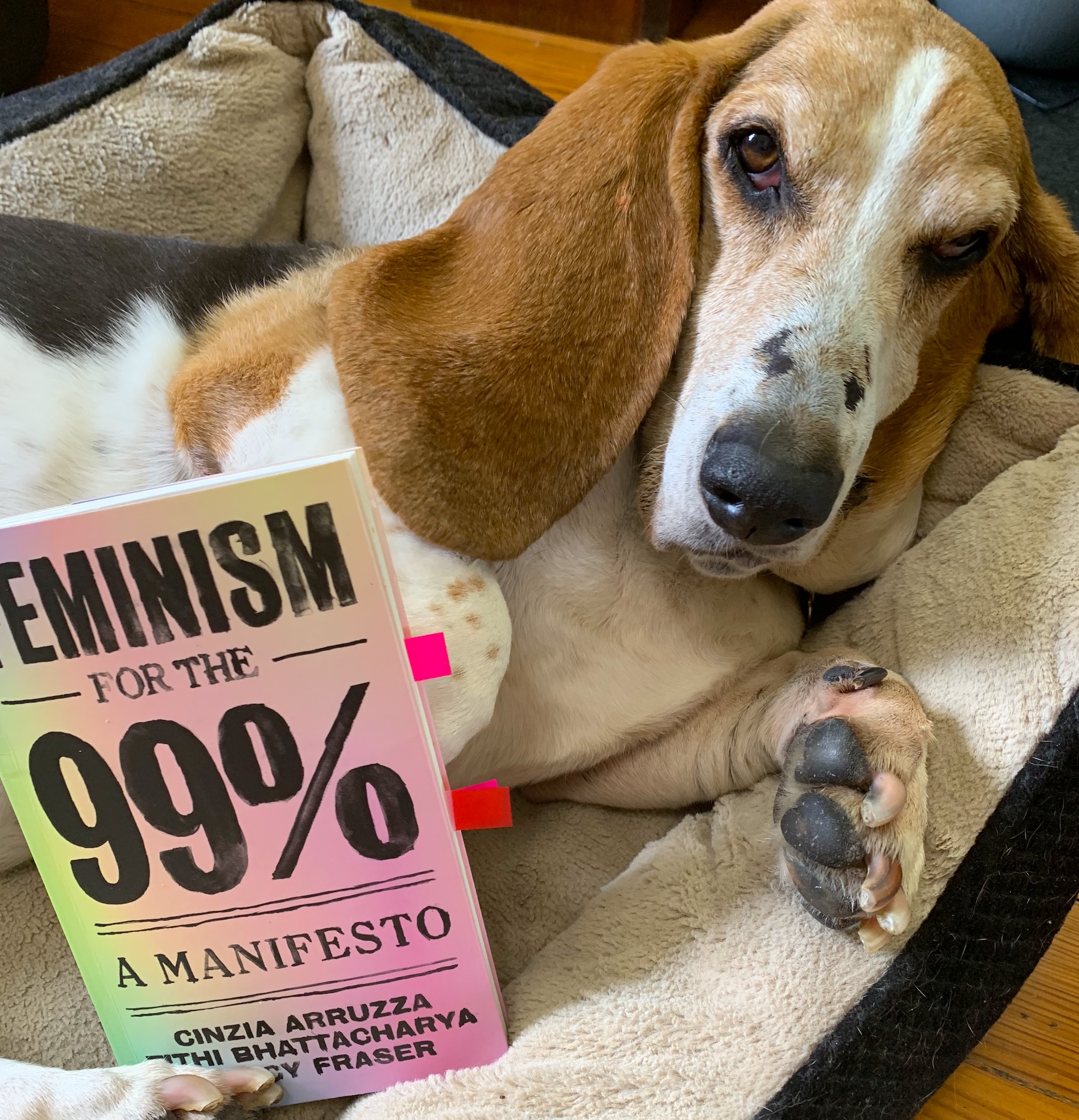I read Kids These Days a couple of weeks ago and I have still been processing it.
I don’t have time to write a long or detailed review, so I’ll just offer a few thoughts. I think the book has some profound insights, and it certainly helped me to understand the challenges faced by Millennials in this most dehumanizing stage of capitalism, but I wasn’t entirely convinced that the situation Harris describes didn’t start earlier. If you go back and reread Douglas Coupland’s 1991 novel, in which he coined the term “Generation X,” many of the same trends and concerns discussed by Harris are described there. As someone who survived 8 years of Reaganomics and grew up in tandem with the rise of neoliberalism and the dismantling of the welfare state, I’m a bit shocked that “kids these days” still believe that if you work hard and invest in your own human capital you will get ahead without luck, connections, or masses of inherited wealth.
Does no one read the newspaper anymore? Scholars and journalists have been dubious about the American dream for a long time, so it seems a little weird to complain about being hoodwinked by late capitalism when anyone who wanted to could read any number of books discussing how the American education system serves as a tool for corporate America, starting with the classic 1976 book, Schooling in Capitalist America, by the Marxists Samuel Bowles and Herbert Ginits (a must read!) I know a lot of Millennials who are angry about the system, but not because they feel that they have been uniquely cheated as young people, but because they understand that the whole system unfairly distributes the wealth of society to fewer and fewer people. In other words, there are plenty of Baby Boomers who have been screwed as well. Yes, they have social security and Medicare, but there are still an extraordinary number of senior citizens living in poverty.
I think the hardest thing about the book for me was the ending. While I totally agree that the usual solutions don’t seem to offer a way forward, I am guilty of the kind of hopeful thinking that he criticizes so ruthlessly in his conclusion. Indeed, I admit that my own book offers some lame “bop it” solutions (to use his term), and I can see that this is a problem. But Harris’s suggestion that his generation will become fascists or revolutionaries, without really discussing what that means, also feels a bit disingenuous. The book just ends abruptly, and I worry that his pessimism will be disempowering and paralyzing for those who read it. I mean, if the system is so totally screwed, why struggle at all? Why do anything? Rather than becoming fascists or revolutionaries, maybe the entire Millennial generation will just walk apathetically into some future turbo-capitalist dystopia. Or perhaps be bought off and placated with UBI, legalized marijuana, public Netflix, and communal X-boxes? I don’t know. There’s lots to discuss here, so it’s definitely worth a read.
















